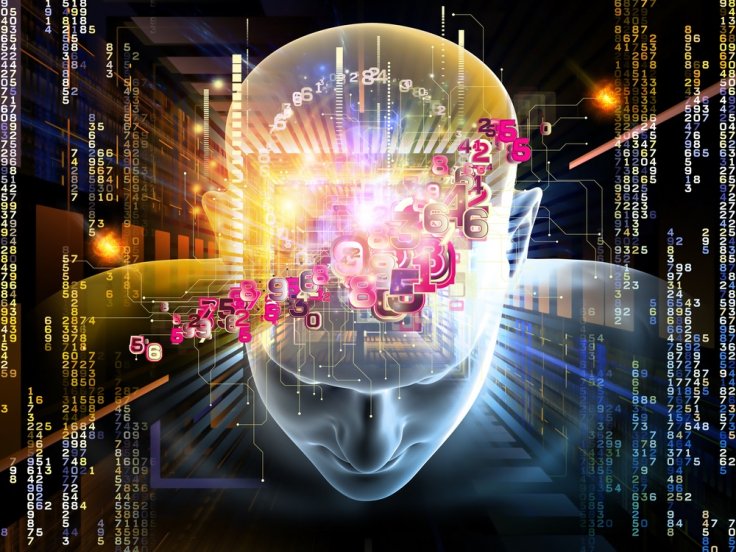Science courses at University

I CSI 100 Computing and Disability (3)
The relation between people with disabilities and computers. Lectures, tutorials, and laboratory will deal with topics such as how computers may be used by persons with disabilities, assistive devices, software, and applications such as word processing, database inquiries, spreadsheets, and telecommunications. For students with disabilities and for professionals who teach and assist people with disabilities.
I CSI 101 Elements of Computing (3)
Introduction to the principles and practice of problem solving with computer programming through flowcharting, pseudo-code and ultimately the use of a general purpose programming language such as Visual Basic.NET. Concepts introduced include algorithms, arrays, files, structured programming, top-down design, and objects. Course also includes brief introductions to computer and network technology, applications, and architecture from both a historical and modern perspectives.
I CSI 102 Microcomputer Software (3)
Theory and practice of general purpose microcomputer software systems such as spreadsheet and relational database packages. Query languages for database access. Word processing with emphasis on spelling and grammar checking.
I CSI 103 Topics in Computer Literacy (3)
Each offering of this course will address one or more topics that are germane to the use of computers in everyday life. The main emphasis of this course will be on the use of available software packages.
I CSI 105 Computing and Information (3)
A broad introduction to computer and information sciences and related disciplines. All of these fields study various aspects of information and the modern digital computer. Among the central topics of this course, students will learn basic computer programming because understanding how computers work is a key to understanding their use across all of the disciplines in Computing and Information. The topics include what we can and cannot known through computing, interactions between technology and humans, and a series of contemporary applications of the disciplines. The course includes critical readings, multiple perspectives, formulation and defense of opinions, common themes among diverse topics, and skills and practice of teamwork.
I CSI 107 Web Programming (3)
This course is designed to introduce students to the ever changing world of Web Programming. Students will develop the ability to write original code in HTML, XML, CSS, Javascript, etc. to create highly customized websites.
I CSI 110 Programmed Computing, Worlds, and Problems (3)
A general introduction to computer science by way of programming and algorithmic problem solving in contexts that provide attractive visualizations of results. Assumes no prior background in programming. The application contexts (animation, robotics, interactive graphics, virtual worlds, games, simulations, etc.) vary from semester to semester. Fundamentals of planning; objects and state; operations, expressions, control structures, logic and procedural decomposition; hierarchies and interactivity are introduced each semester. Provides a background for understanding information technology in terms of its organization, operation, and customization, as well as for further study in computer science and related disciplines. Lecture/workshop and lab meetings.
I CSI 116 Honors Programmable Computing, Worlds, and Problems (3)
Honors version of I CSI 110. Includes the same topics and approach as I CSI 110 but with greater depth and emphasis on surveying computer science as an intellectual discipline. It will quickly teach the fundamentals of programming so that students who have never done it before can encounter the challenges and rewards of algorithmic problem solving in the same manner as the professionals. The introduction with virtual world programming will be followed by study, discussion, problem solving, and practice with different embodiments of computing, including finite automata, neural networks, cellular automata, Turing machines, numerical simulations, and practical programming languages in different families such as Java, Scheme/Lisp and Prolog Processes. Team based creative and research projects will be carried out and presented. Prerequisite(s): excellent proficiency with secondary school mathematics.
I CSI 120 Computational Principles and Issues (3)
Principles and issues arising in a variety of computational situations. Discussion of topics from computation theory, artificial intelligence, and systems design. From computation theory, an emphasis on impediments to computation, such as undecidability and NP-hardness. From artificial intelligence, an emphasis on knowledge representation. From systems, an emphasis on computer design and on synchronization problems.
I CSI 124X Computer Security Basics (3)
An introduction to security in computers and networks for a general audience. The operation of computers and networks is explained to show how they are the basis for attacks. The course will confer a basic but comprehensive understanding of how computer and network attacks (e.g., viruses, worms, denial of service) work. Also, how general users of computers can defend themselves from current and future attacks.







